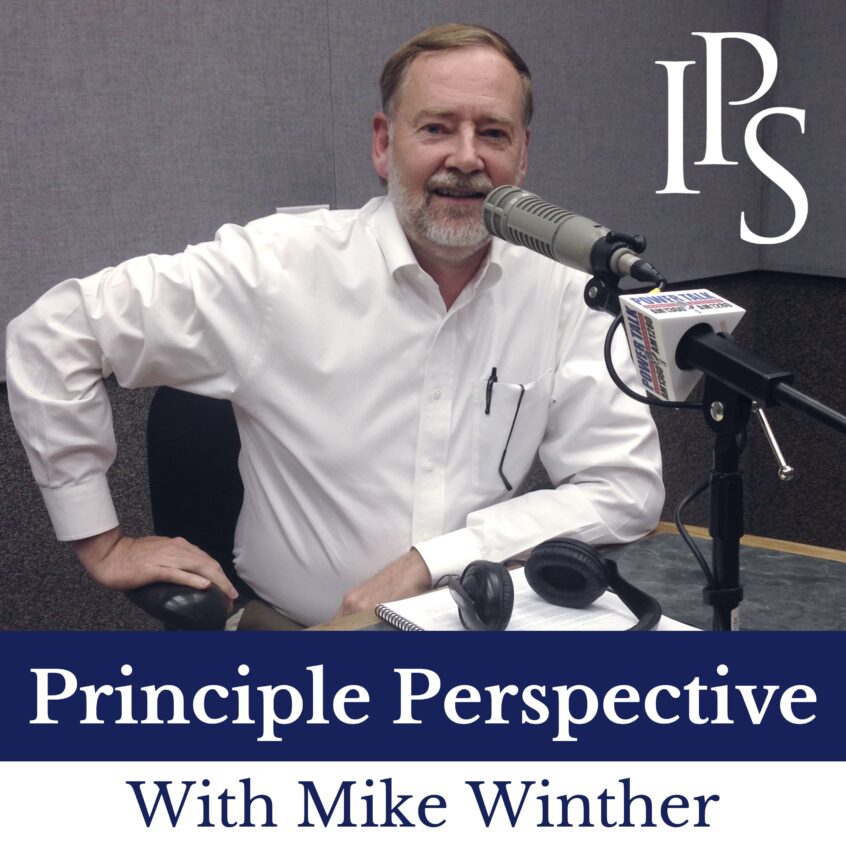LISTEN NOW
There is a mathematical aspect to economics, but it’s not the fundamental core. Mathematics is just about taking what we observe and know and reducing it to a formula. The underlying principles of economics are actually the fun part and not mathematically oriented. Mike Winther focuses on these underlying principles in this lecture.
He spends the first part teaching us economics. The best way to learn is to teach, and his focus for the next part of this lecture is teaching us how to teach economics. The rules of how you run a household, business, or nation is the study of economics. Mike kicks things off talking about micro and macro economics as he helps increase our understanding while making economics fun.
You’ll Learn:
- [01:36] Economics or the rule or law of the house.
- [03:03] Microeconomics is the study of a household or a business or industry. Macroeconomics is the economics of an entire industry or nation.
- [04:42] How economic and fiscal issues are also moral issues.
- [08:45] The concept of capital. It’s a means of production. It’s also excess production or profit.
- [11:58] How productivity is a spiritual and economic obligation.
- [17:48] We are better off having more goods and services, not more money.
- [23:31] The free market where people buy and trade at will.
- [24:42] Socialism was prescribed and advocated by Karl Marx. Communism is a subset of socialism.
- [28:02] Degrees of free market versus degrees of socialism.
- [28:31] Socialist capitalism is called monopolistic capitalism. The free market is competitive capitalism.
- [28:52] With capitalism both parties benefit from any voluntary exchange.
- [33:09] God ordains and speaks highly of private property and ownership.
- [36:01] Karl Marx steps to socialize a nation. A lot of them have to do with property rights.
- [37:27] Some of the steps include abolition of property and land, a heavy progressive or graduated income tax, abolition of all right of inheritance, confiscation of property, centralization of credit, centralize transportation, factories and production owned by the state, organized workforces, redistribution of the population, free education for all children.
- [42:23] How socialism is actually incompatible with nature.
- [47:16] Inflating the currency reduces the value of people’s savings.
- [47:48] If we increase the money supply by 10%, prices will go up by 10%.
- [48:17] Milton Friedman and The Chicago School of Economics.
- [48:42] The Austrian School is the most free market school of economics.
- [49:13] Time to talk about teaching economics. If we want our kids to learn this, we need to be interested in it ourselves.
- [50:00] An example of teaching kids the idea of mutual benefit.
- [57:39] Socialism is redistribution of wealth.

